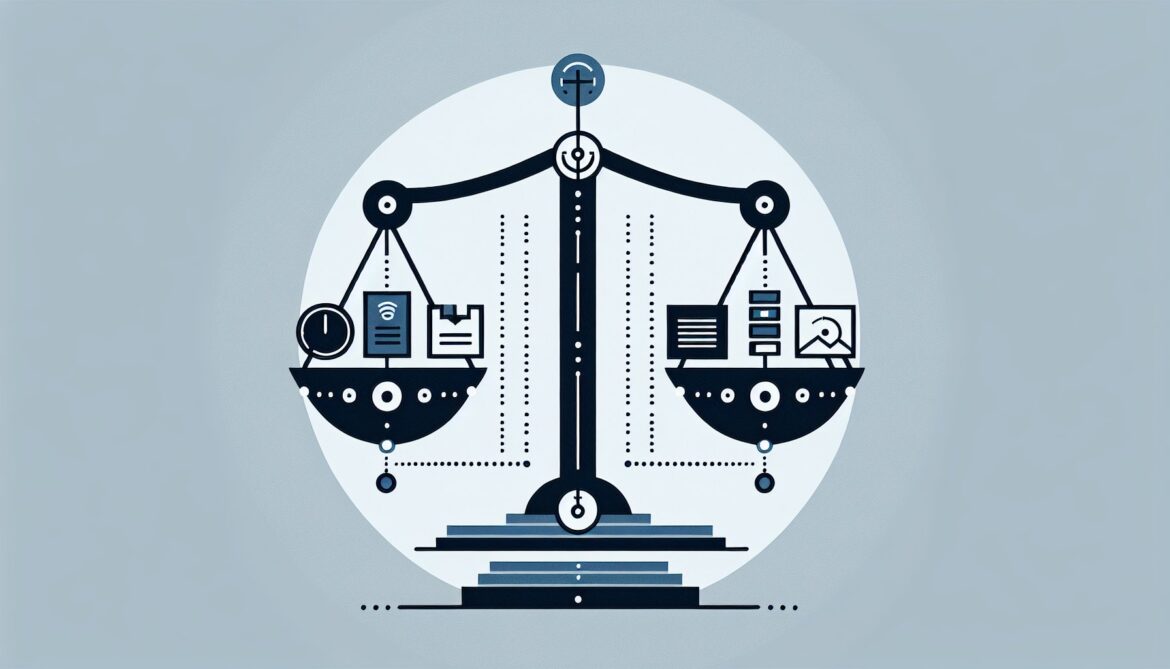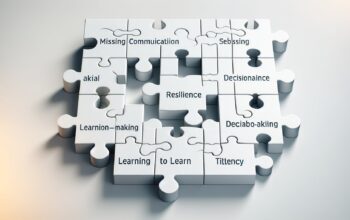We’ve gone full circle. Started with the problem. Looked at evidence. Explored real examples. Talked about how to build competence outside the system.
Now let’s be practical. You’re probably still reading this because you’re wondering: okay, so what do I actually do? How do I navigate a system I can see is broken?
Here’s my honest answer: you need both.
The Credentials Are Real
I’ve spent this entire series pointing out that credentials don’t measure competence. That they’re a filter based on compliance, not capability. That they’re often a waste of time and money.
All of that is true. And credentials still matter in the real world.
Employers still filter by them. They still use degrees as a shortcut to assess candidates. They still use credentials as insurance. “If this person has a degree from a good school and failed, I made a reasonable decision based on available information.”
So ignoring credentials entirely is a privilege. It’s something you can only do if you have the safety net to fail without consequences. For most people, the credential still opens doors that wouldn’t open otherwise.
But Credentials Aren’t Enough
Having a degree is not the same as being competent. Having good grades is not the same as being able to do the work.
Many people graduate with excellent credentials and discover they can’t actually do their job. They can regurgitate what they memorized but can’t solve novel problems. They can follow instructions but can’t think independently.
So having just the credential is a trap. It gets you in the door, but then you fail because you were never actually competent.
Your Roadmap
If you’re early in your education:
Get the credential. But don’t let that be your only focus. While you’re in school, build things. Ship code. Create projects. Get feedback from real people, not teachers. Build a portfolio alongside your degree.
Your degree will help you get that first job. Your portfolio will help you keep it and advance.
If you’re already working:
You don’t need to go back to school necessarily. But you do need to keep building competence. Take on projects that scare you. Learn by doing. Get mentors. Ship things. Get feedback.
Your work is your credential now. Make sure it’s good.
If you’re considering a major career change:
You probably don’t need another degree. Build a project in your new field. Show what you can do. Find a mentor. Learn by doing the thing you want to do.
You have enough experience with one field to know how to learn. Apply that to the new field.
The Questions to Ask Yourself
Before you pursue any credential, ask yourself:
Is this a filter I need to pass, or an education I need to receive? There’s a difference. A filter helps you get through a door. An education helps you become capable. Sometimes a credential is both. Sometimes it’s just a filter and a waste of your time.
Can I build competence without this credential? If yes, and you have time, build first. Credentials can follow. If no, get the credential and build competence alongside it.
Where can I get real feedback? Not from a school. From someone or something that will actually judge your competence. Real people, real consequences, real feedback.
What can I ship or show? This is your real credential. Regardless of your formal credentials, what can you point to and say “I built this, I did this, I created this”?
The Uncomfortable Truth
The system is broken. And the system is going to stay broken for a while. Because it’s too entrenched. Too many people have incentive to keep it running. Too many institutions depend on it.
So you have to navigate it as it exists. You can’t wait for it to change. You have to work within it while also building competence outside of it.
That’s not fair. Ideally, the system would measure competence directly and we wouldn’t need this game. But we don’t live in ideal circumstances. We live in the ones we have.
What Actually Changes Things
Here’s what will eventually break the system: when enough people have demonstrated competence without credentials that employers stop being able to ignore it.
When hiring managers see that the person without a degree is performing better than the person with one. When portfolios become more convincing than resumes. When results matter more than pedigree.
That’s already happening in tech. In some fields, GitHub is starting to matter more than degrees. In creative fields, portfolios trump credentials.
But it’s slow. And it’s not universal.
Your Role
So here’s what I’m asking: be one of the people who makes that shift. Build competence that’s so obvious that credentials become secondary. Show your work publicly. Succeed based on what you can actually do, not what you have on paper.
If enough people do that, the system shifts. Not because we convinced anyone. But because the incentives flipped.
Navigate the system as it exists. Get the credentials you need. But build the competence that actually matters. Do both. And by doing both, you’re making it harder for the broken system to stay broken.
Final Thought
Degrees don’t define creativity or smartness. I believed that at the beginning of this series, and I still believe it now.
But credentials do filter who gets a chance to prove it. That’s the real problem to solve. Not changing how people think about credentials, but creating enough evidence of competence without them that the system has to adapt.
Start with your own path. Build something real. Get feedback. Iterate. Show what you can do.
That’s where change starts.







